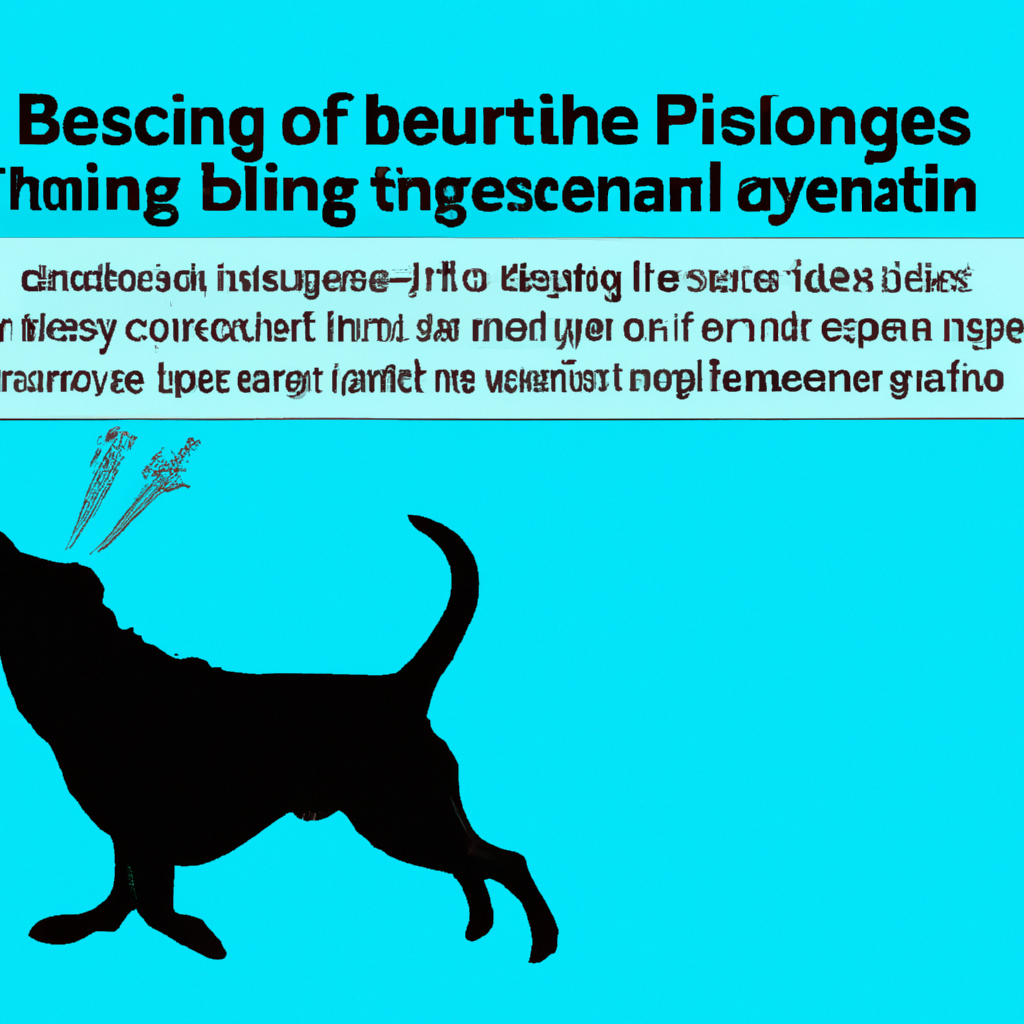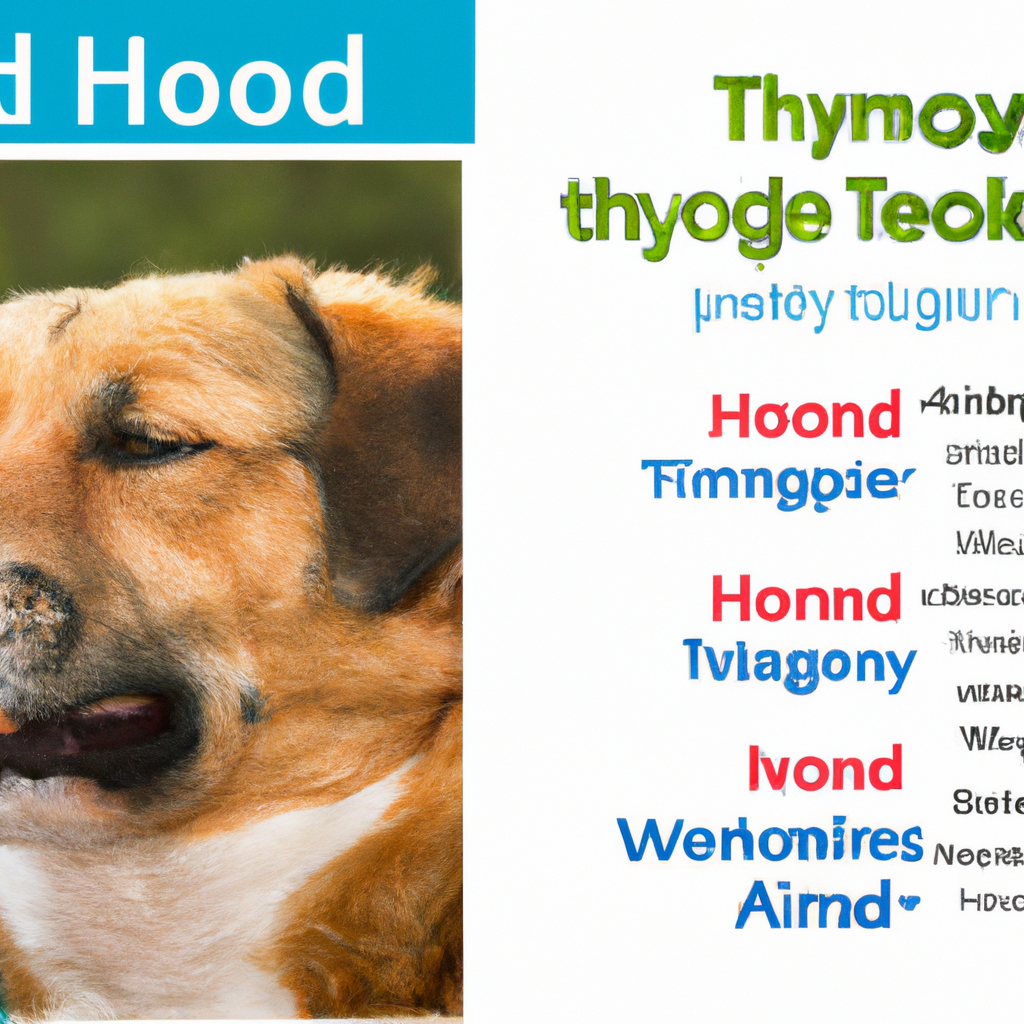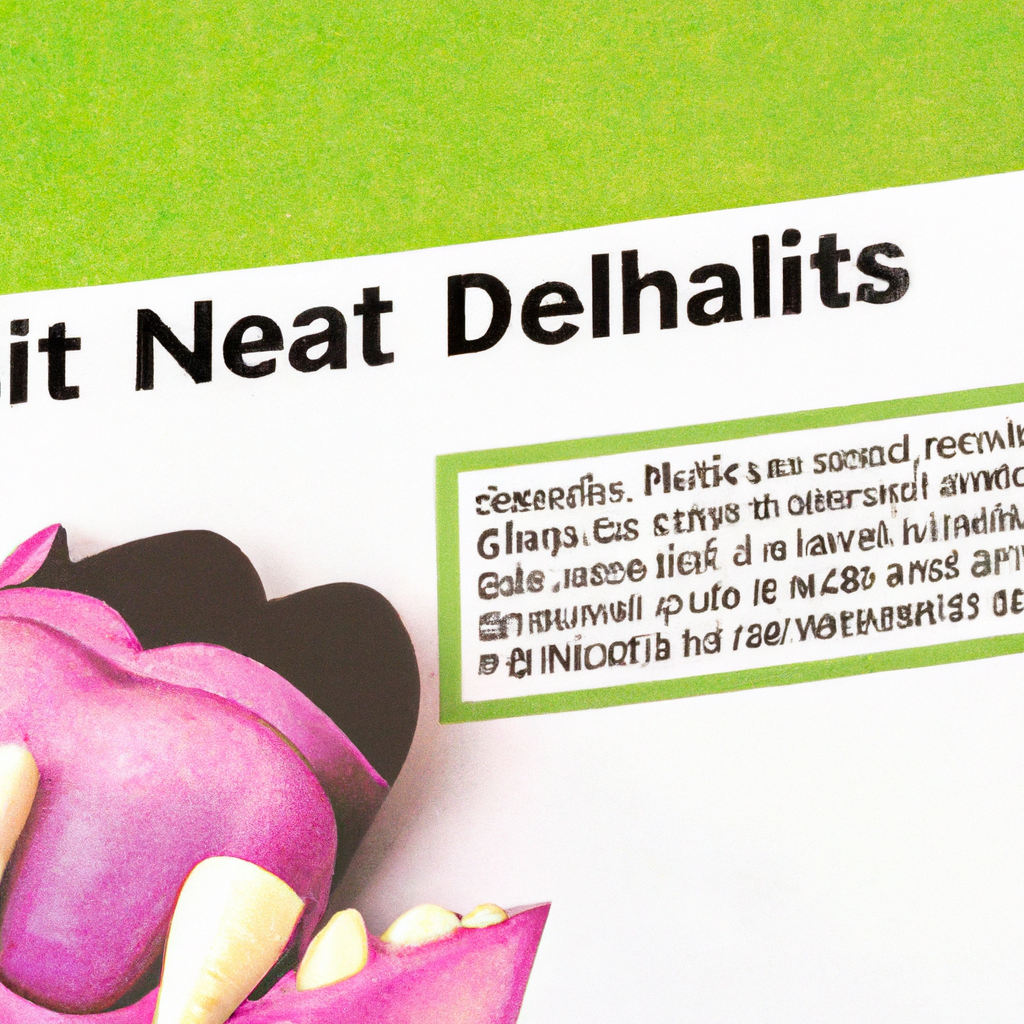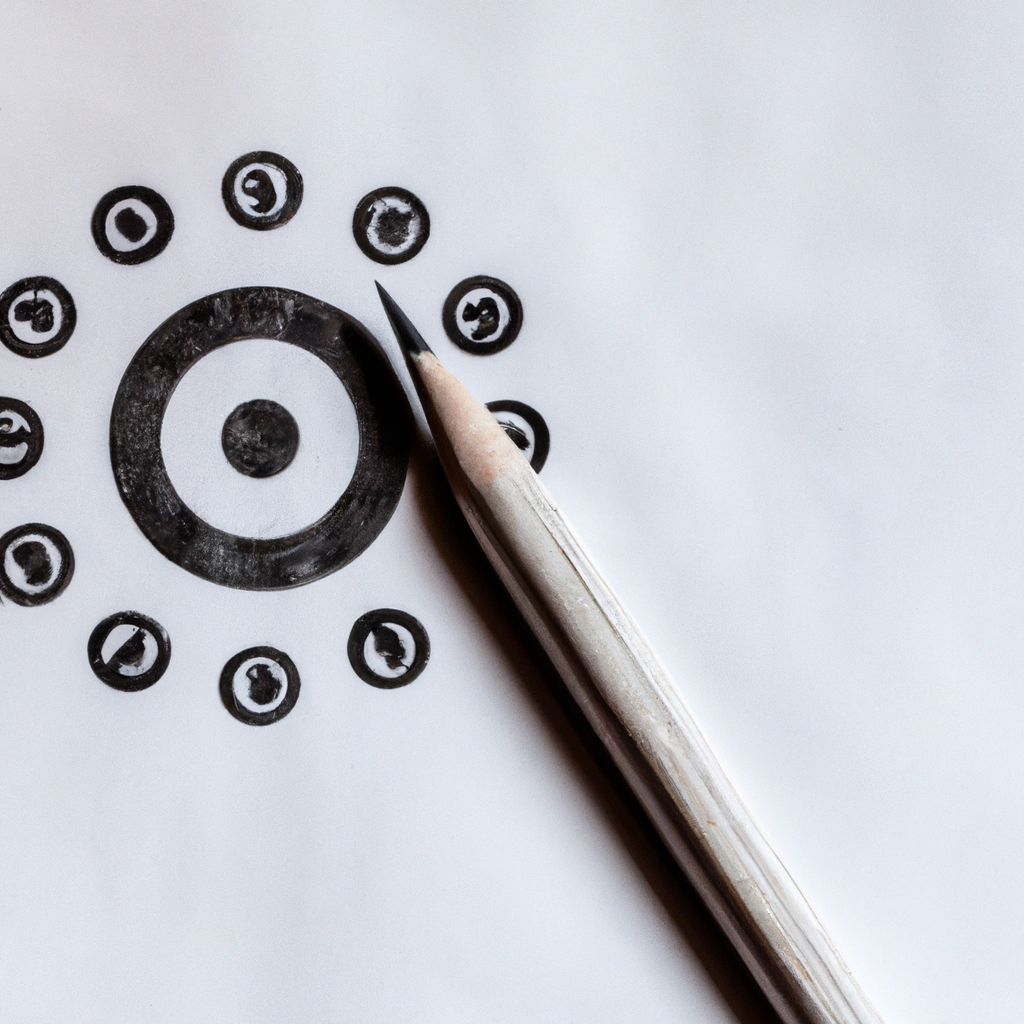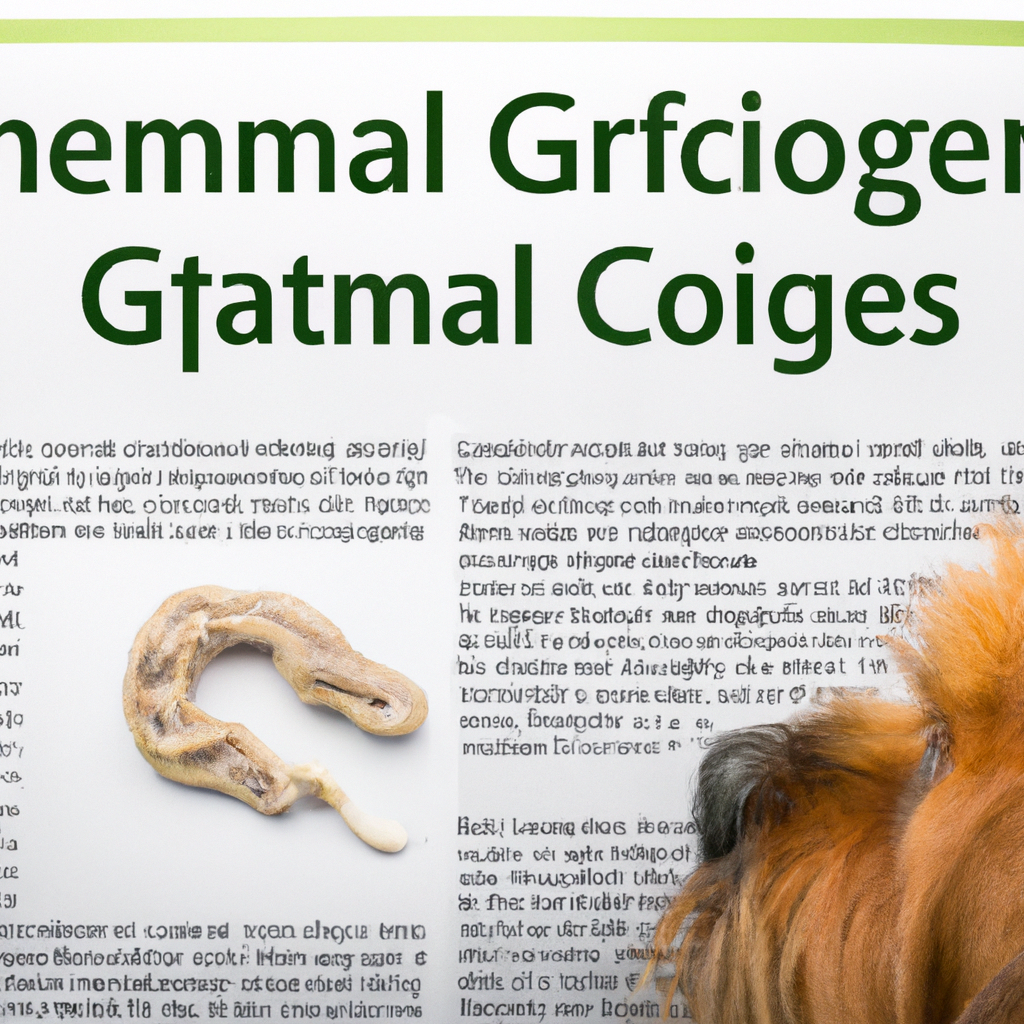How to Recognize and Manage Dental Disease in Dogs
How to Recognize and Manage Dental Disease in Dogs Just like humans, dogs can suffer from dental diseases that
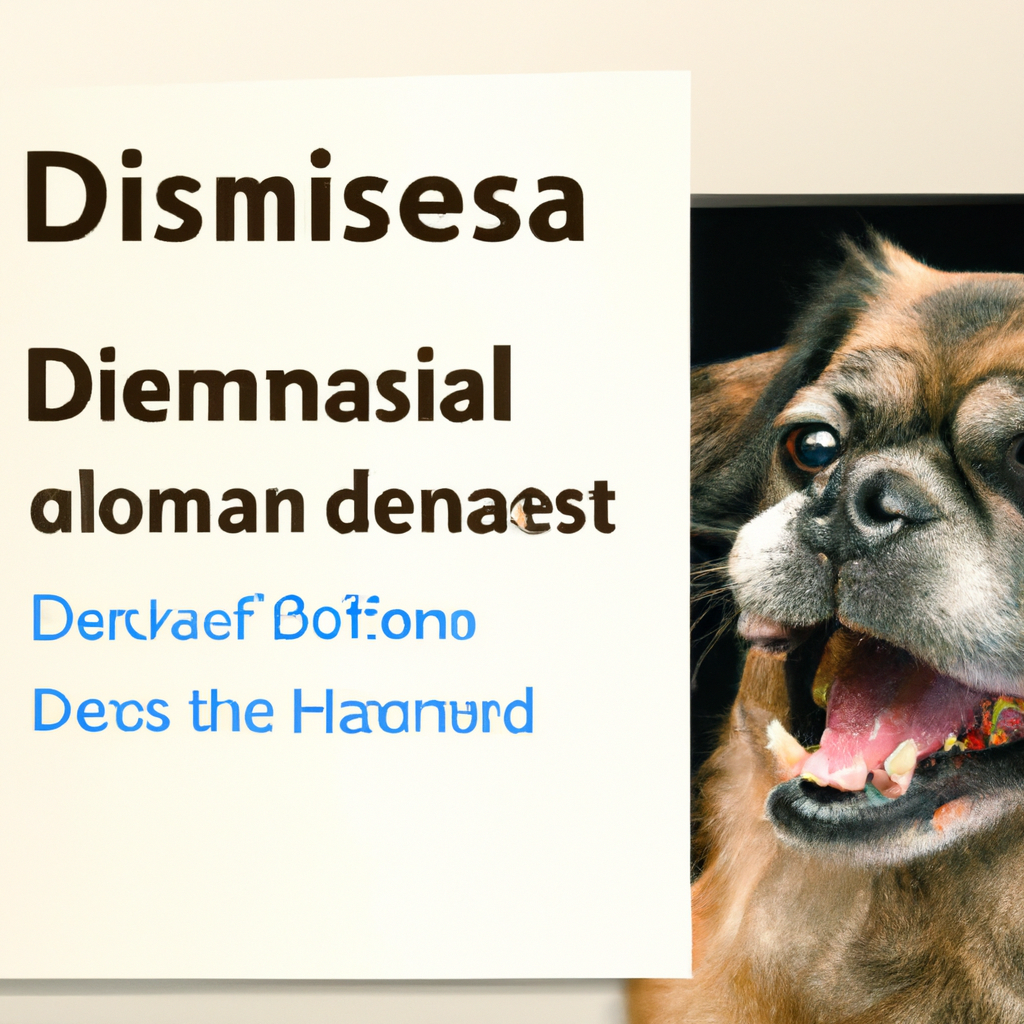
How to Recognize and Manage Dental Disease in Dogs

Just like humans, dogs can suffer from dental diseases that can cause pain, discomfort, and even affect their overall health. As a responsible dog owner, it is important to learn how to recognize the signs of dental disease in dogs and how to effectively manage it.
Recognizing Dental Disease
Canine dental disease, also known as periodontal disease, is a common problem among dogs. Some signs that your dog may be suffering from dental disease include:
- Bad breath
- Difficulty chewing or dropping food
- Excessive drooling
- Red and swollen gums
- Tartar buildup
- Loose or missing teeth
- Unwillingness to play with chew toys

If you notice any of these symptoms in your dog, it is crucial to seek veterinary care promptly.
Managing Dental Disease
Prevention is the best approach when it comes to managing dental disease in dogs. Follow these tips to keep your furry friend’s teeth strong and healthy:
Regular Brushing: Get your dog used to having their teeth brushed from an early age. Use a dog-specific toothbrush and toothpaste to ensure their oral hygiene is maintained.
Dental Chews and Toys: Provide your dog with dental chews and toys designed to promote oral health. They can help clean their teeth and massage their gums.
Healthy Diet: Feed your dog high-quality food that supports dental health. Avoid sugary treats and consider incorporating dental-specific food into their diet.
Regular Dental Check-ups: Schedule routine dental examinations with your veterinarian. They can perform professional cleanings and identify potential dental issues early on.
Home Inspections: Regularly inspect your dog’s mouth for any signs of dental disease. Look for redness, swelling, tartar buildup, or any abnormalities.
Professional Dental Care: In some cases, your dog may require dental procedures or treatments such as tooth extractions or root canals. Consult with your vet for appropriate recommendations.

Awareness and proactive dental care can significantly improve your dog’s oral health, prevent dental diseases, and enhance their overall well-being. Don’t forget to consult your veterinarian for specific advice tailored to your dog’s oral health needs!
“A dog with a healthy smile is a happy dog!”


